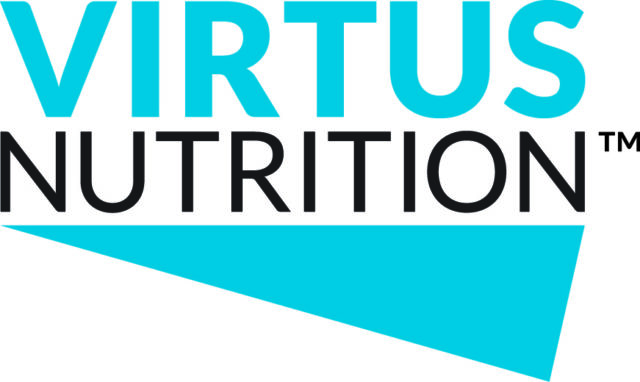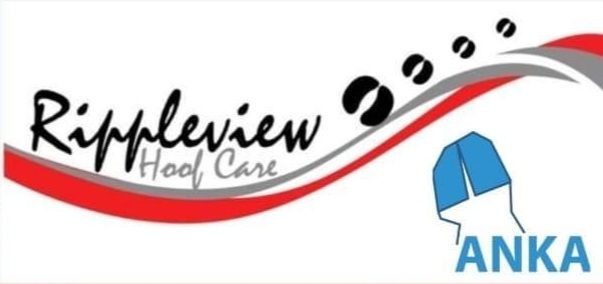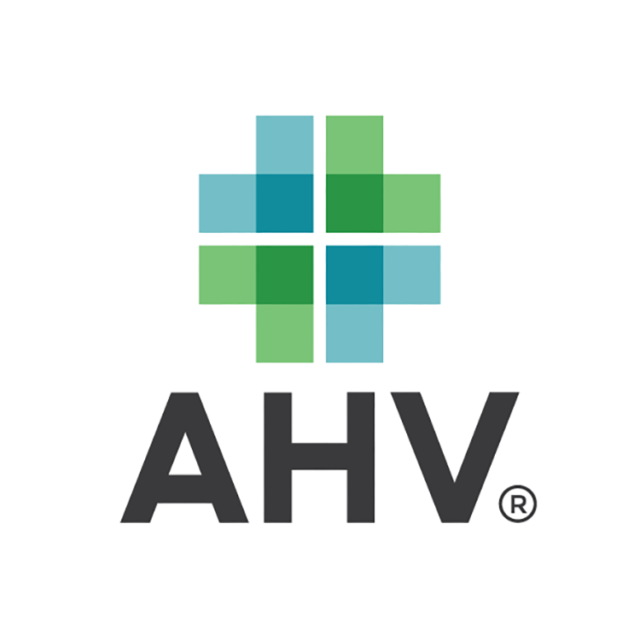Our industry is constantly exposed to increased regulation and consumer scrutiny, but there is one thing that hasn’t and won’t ever change: the importance of having a strong partnership with a veterinarian.
When a veterinarian and producer are actively engaged on the dairy, overall health and performance are enhanced. In turn, this relationship guards food safety and helps improve public health. A strong, engaged partnership in the veterinarian-client-patient relationship (VCPR) ensures more than herd checks from your veterinarian.
A VCPR not only needs to be established but also regularly maintained for your veterinarian to provide your animals with the best possible medical care. This valuable relationship helps prevent and protect against residue violations by ensuring protocols are followed in compliance. It helps protect all aspects of dairy wellness.
To ensure you and your veterinarian are maintaining a strong partnership – you are serving as a responsible steward and your veterinarian is providing all of his or her knowledge and expertise – I suggest taking a look at your established VCPR. Here are a few areas to look over:
-
Health and protocol recommendations. The American Veterinary Medical Association’s Principles of Veterinary Medical Ethics requires a valid VCPR to be in place for a veterinarian to prescribe medications or treat an animal. This is what allows a veterinarian to treat your animals and encourages you to be open to consultation and advice from your veterinarian.
As your most trusted adviser, your veterinarian should know your operation, your herd and the individual animals in order to help you create treatment protocols tailored to your animals and operation. Your veterinarian is the expert in choosing the correct products that prevent and treat disease and can provide the best advice about the benefits and risks of different treatment options.
-
Maintain regular visits and communication. This means your veterinarian should routinely examine animals in person and maintain a relationship with your operation through regular visits and communication. A VCPR is established only if your veterinarian makes regular visits to your operation. How often these visits need to be to maintain a valid VCPR is not specifically outlined by state requirements, but these visits should be more than a one-time-per-year formality.
Your veterinarian needs to visit frequently enough to have thorough knowledge of your operation, including information about the care of your animals, the level of disease, prevention measures in place, what products are used and how those products are being used. By assessing the health of your animals on a regular basis, your veterinarian can make sound health and protocol recommendations.
-
Complying with regulations. It takes preparation, planning and teamwork to create an effective residue avoidance plan. Your veterinarian is the expert on how to prevent residues and can provide oversight of treatments and compliance.
You are responsible for following and making sure your employees comply with your veterinarian’s instructions for treatment. Training needs to help employees understand why following protocols is important to ensure more consistent compliance.
-
Documentation. Have a signed document acknowledging that a VCPR exists between you, the producer, and your veterinarian, and that you agree to follow the instructions of the veterinarian. In addition, it’s extremely essential to have written and signed treatment and prevention protocols in place.
- Commitment from you and your veterinarian. Establishing and maintaining a VCPR requires commitment from both you and your veterinarian. Veterinarians take a professional oath to protect the health and well-being of animals and public health. You have the important responsibility of caring for cattle and preventing milk or meat residues.
When a strong, engaged VCPR exists, the producer, the veterinarian and the consumer all benefit. Learn more about the benefits of a VCPR and how to better maintain a valid VCPR with your veterinarian by reading the American Association of Bovine Practitioners Guidelines. ![]()

-
Matthew Boyle
- Dairy Technical Services
- Zoetis
- Email Matthew Boyle





